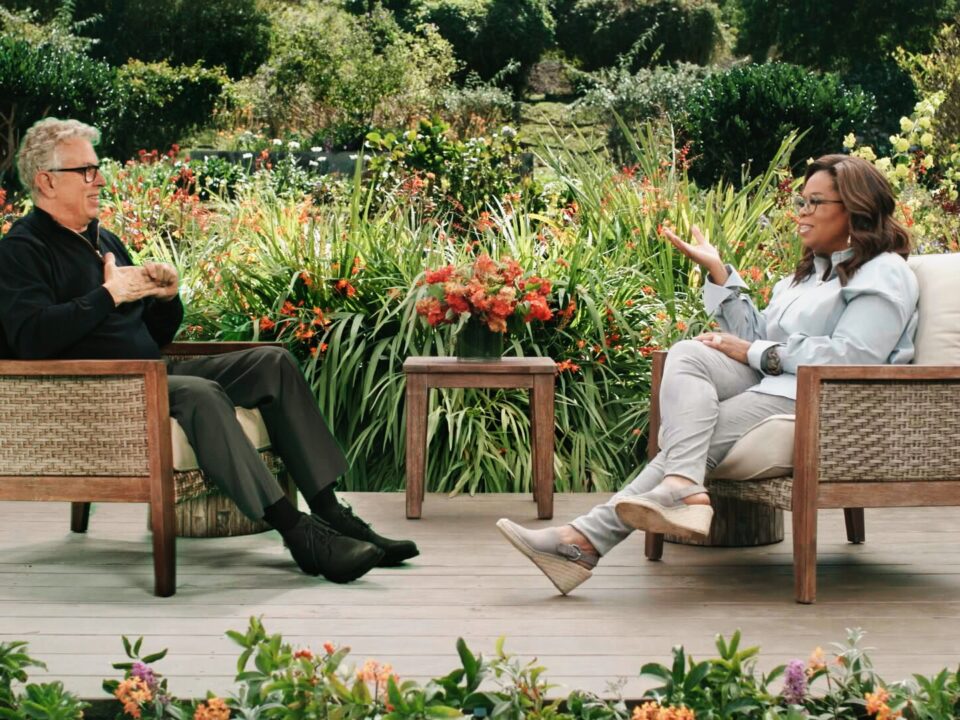I just love the film clip below from the Hogg Foundation for Mental Health that involves Dr. Bruce Perry talking about mental health and trauma. Here are the three major things that Bruce points out:
- Trauma sharing is a way for storytellers, not experts, to lead the conversation. Storytellers change the narrative.
- Sharing about trauma seems trendy, but it speaks to a deeper truth.
- Those with a platform should use it.
‘Human beings are human beings. We don’t change our minds because a bunch of scientists publish a set of recommendations and issue them. Honestly, this is no offence to the Heart Foundation or any other Foundation but you’ve all been publishing white papers about topics for years. Those don’t change public opinion. What changes people are the storytellers in our society.
Human beings are storytelling creatures, that’s how we best learn, that’s how we best communicate. So when the storytellers in our society tell their stories, they end up having a powerful impact.’ Dr. Bruce Perry
‘Discussing personal trauma and its long-term impact has become markedly less stigmatized. Increasingly, public discussion is considered empowering, humanizing, and helpful to others. In this excerpt from Episode #139 of our podcast, the second in our series addressing the relationship between trauma and well-being, we talk with Dr. Bruce Perry, co-author with Oprah Winfrey of the recent best-selling book, What Happened to You?: Conversations on Trauma, Resilience, and Healing, about the increased openness and evolving approach to understanding trauma. Hogg Foundation for Mental Health. 27 October 2022. [6’44”]
And please check out the Addiction Recovery Stories, a number of which are also Trauma Stories, on my Recovery Stories website.


